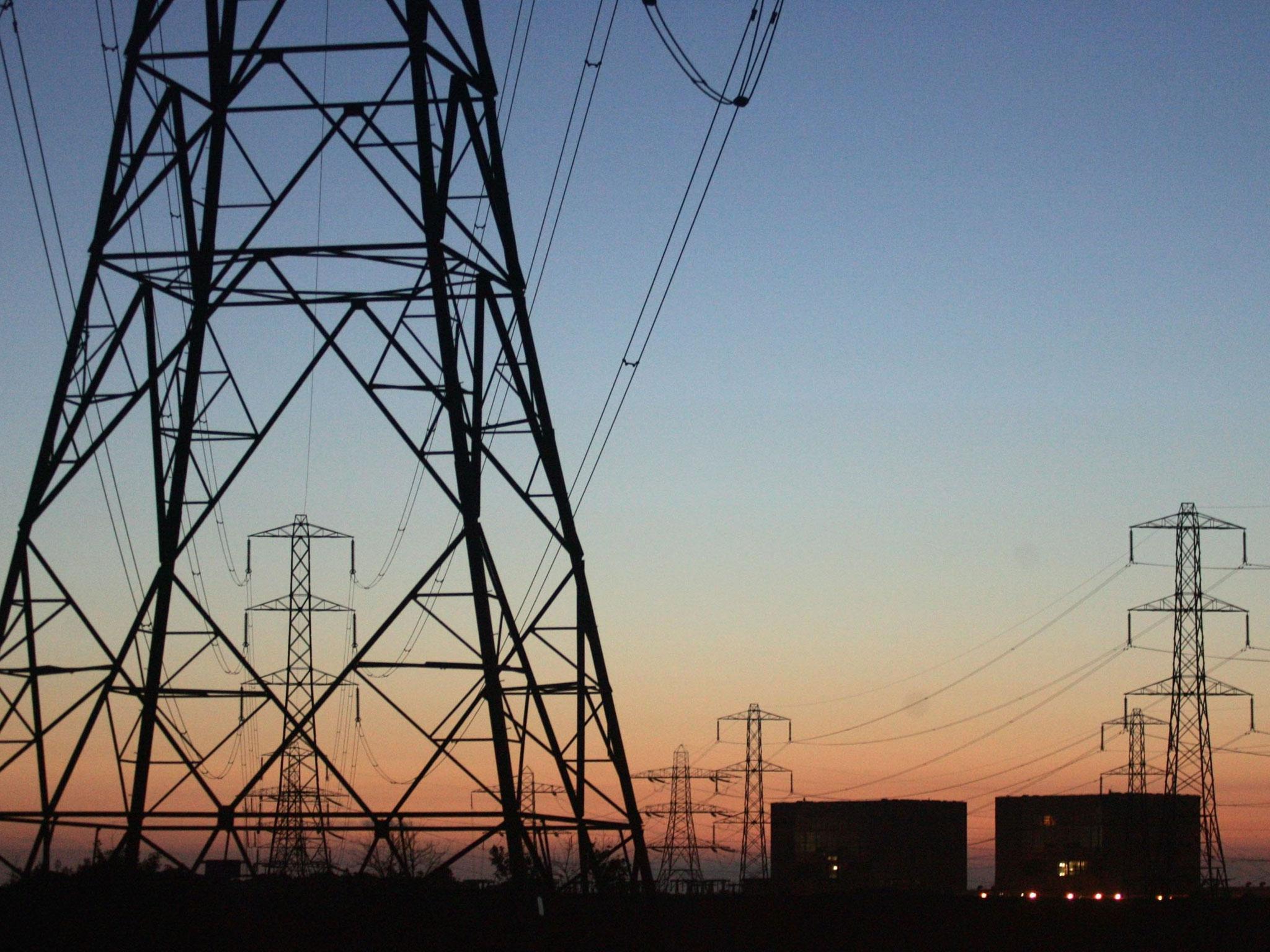National Grid boss warns of 'tighter' energy supplies as first-half profits slip
National Grid chief says political interference is putting investors off financing crucial new UK power generators

Your support helps us to tell the story
From reproductive rights to climate change to Big Tech, The Independent is on the ground when the story is developing. Whether it's investigating the financials of Elon Musk's pro-Trump PAC or producing our latest documentary, 'The A Word', which shines a light on the American women fighting for reproductive rights, we know how important it is to parse out the facts from the messaging.
At such a critical moment in US history, we need reporters on the ground. Your donation allows us to keep sending journalists to speak to both sides of the story.
The Independent is trusted by Americans across the entire political spectrum. And unlike many other quality news outlets, we choose not to lock Americans out of our reporting and analysis with paywalls. We believe quality journalism should be available to everyone, paid for by those who can afford it.
Your support makes all the difference.National Grid's chief executive has warned that Britain's energy supplies are likely to become even tighter as political interference puts investors off financing new UK power generators.
Steve Holliday said that “short-term interventions” by politicians has badly shaken confidence. “I have not felt things under threat in the way I feel today,” he said.
“There is a perception among foreign investors that the UK has had multiple political interventions and it needs to be careful.”
The investment shortfall that is likely to result from this lack of confidence will further increase the prospect of blackouts in an electricity grid already under heavy pressure following the closure of large chunks of Britain's generating capacity, much of it due to new laws on power station emissions, Mr Holliday said.
Mr Holliday stopped short of naming names, although Mr Miliband is clearly implicated, while well-publicised battles between the gas-focussed chancellor, George Osborne, and the renewable power-friendly Energy secretary are widely regarded to have played a role in scarring investors. Mr Osborne's decision to overrule Mr Davey's move to make Britain's electricity supply almost entirely green by 2030 is thought to have been particularly damaging to investor confidence, undermining the country's commitment to renewable energy.
“Investors in new generators are waiting for clarity and surety and they don't have it. Conversations such as should we freeze bills? Should we do this?, are destabilising and raise the question of whether any legislation is likely to be interfered with afterwards,” said Mr Holliday.
“Affordability is an issue but a lot of investment is needed. People are wondering whether this debate is going to go on for years over important legislation. We need to start building new power generation in this country and we need to get on with it quickly. The point is that things are clearly getting tighter and we clearly do need to talk about generation in the UK,” he added.
National Grid, which announced a 7.0 per cent drop in first-half profit to £979m on the back of a weak US performance, had initially expected to connect about 6,000 megawatts of new power generators to the grid over the next three years. However, it now forecasts just 2,500 megawatts over the period, Mr Holliday said - adding that over the past year, some 7,500 megawatts of capacity had been shut down, with only about 700 megawatts opening, mostly in the form of wind power.
Against the backdrop of power station closures, about 30,000 megawatts of new generating capacity needs to be hooked up to the grid in the next decade, Mr Holliday added - suggesting that his concerns about investors concerns are well founded.
Join our commenting forum
Join thought-provoking conversations, follow other Independent readers and see their replies
Comments